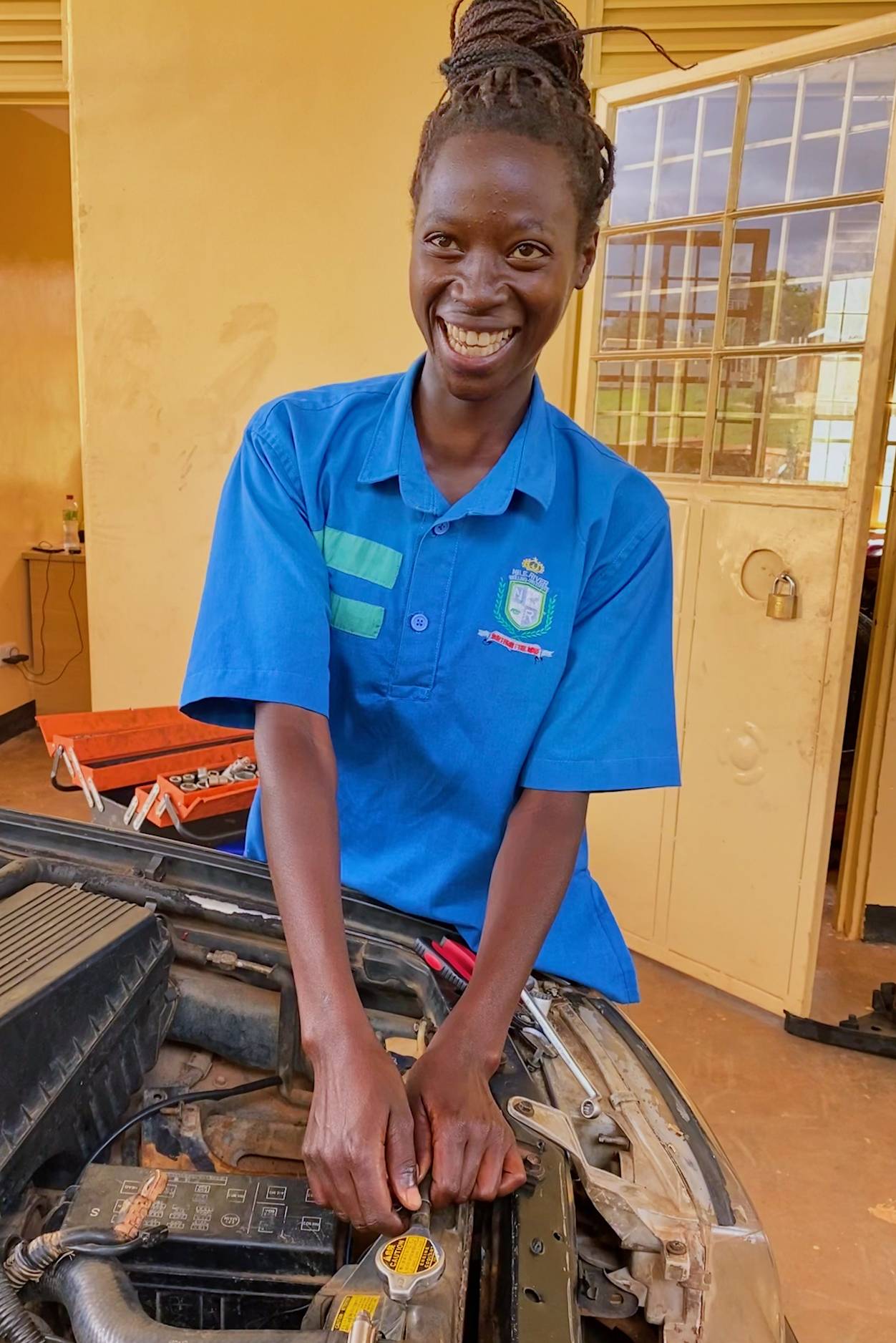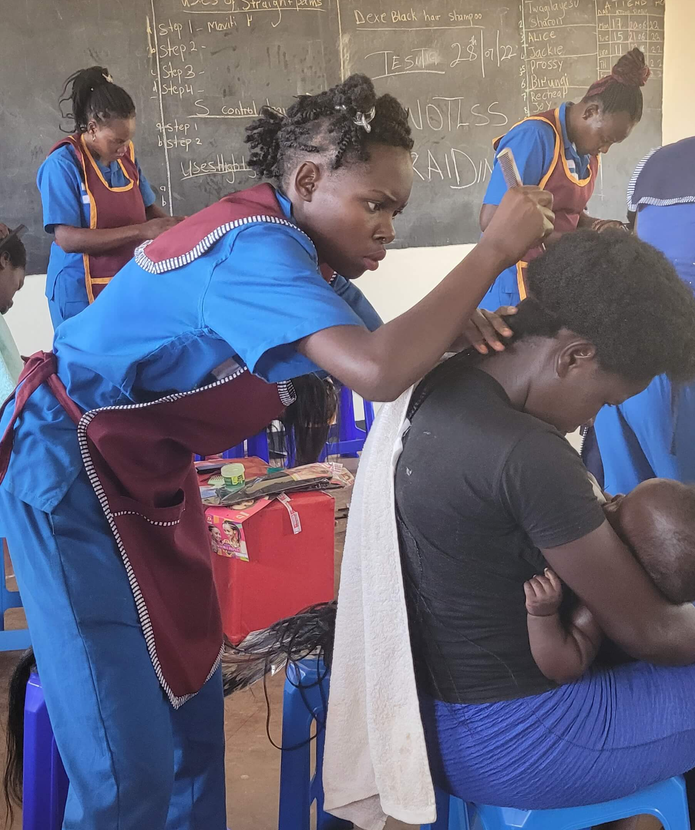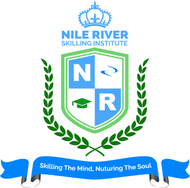The Problem
Unemploment in Uganda
According to the World Bank, Uganda’s unemployment rate for 2021 was 2.94%, a 0.17% increase from 2020 and this has been steadily growing. There are currently, 32 universities in Uganda all accounting for a student population of about 110,000, turning out over 30,000 graduates annually. Every year, these graduates flood the job market looking for employment opportunities that are limited.
The Solution
Vocational Skilling & Training
Nile River Skilling Institute offers popular, marketable and affortable courses in:
- Cosmetology
- Fashion and Design
- Plumbing
- Welding
- Brick Laying and Concrete Works
- Catering
- Motor Vehicle Mechanics
- Electrical Installation and Carpentry
It is much more clearer to see the link between a vocational course and a job at the end
Vocational Skilling and Training
Become a Skilled Vocational Trainer
Vocational Education and Training, abbreviated as VET, sometimes simply called vocational training, is the training in skills and teaching of knowledge related to a specific trade, occupation or vocation in which the student or employee wishes to participate.
There are many benefits of developing vocational skills in young adults. Not only will they learn valuable life skills, but they will also build confidence and self-esteem. Vocational skills also teach responsibility, discipline, self-reliance, and perseverance. These skills help them become independent adults who can support themselves.
Vocational skills are those skills that help people earn a living. For example, a person who has developed vocational skills could work in a factory making cars or in a restaurant kitchen, a woodshop, or fixing household appliances.
In many areas, vocational training has been limited to boys and men – having women in these fields is ground-breaking and essential to moving to a more equitable workforce. At Nile River Skilling Institute, we include vocational education as part of the curriculum for both girls and boys to complement their learning and expand their potential.
Testimonials
What do people say...

After my senior four, I hoped to do nursing as my first choice for a profession and Automotive Mechanics, my second choice. Unfortunately, I did not have enough money to do the nursing course so I decided to join Nile River Skilling Institute for Automotive Mechanics.
I also believe that Vocational Training is very fundamental because it is more practical than the A-Level syllabus I intended to pursue. This makes it difficult to be unemployed because I can easily find a job that can offer me a daily pay and that means there is no day that I can sleep hungry.
For the two semesters I have been here, I have most importantly learnt how to repair the different parts of a car and a motor bike. I have also learnt how to associate with my colleagues and teachers and made new friends. I’ve learnt to be creative and innovative in my mechanics class. For instance, during the sessions, certain things may not necessarily be taught but I am encouraged to think critically and create my own solutions and know what tools to use for certain specific issues that may arise in the engine.
I aspire to become a great professional mechanic that will be able to take care of my family, friends and even others around me that are in need. I also greatly believe that the environment and behaviour of everyone at the Institute especially our tutors who train us with diligence and integrity and also teach us customer care will impact my career.
—Ruth Nalumansi, Student of Automotive Mechanics


